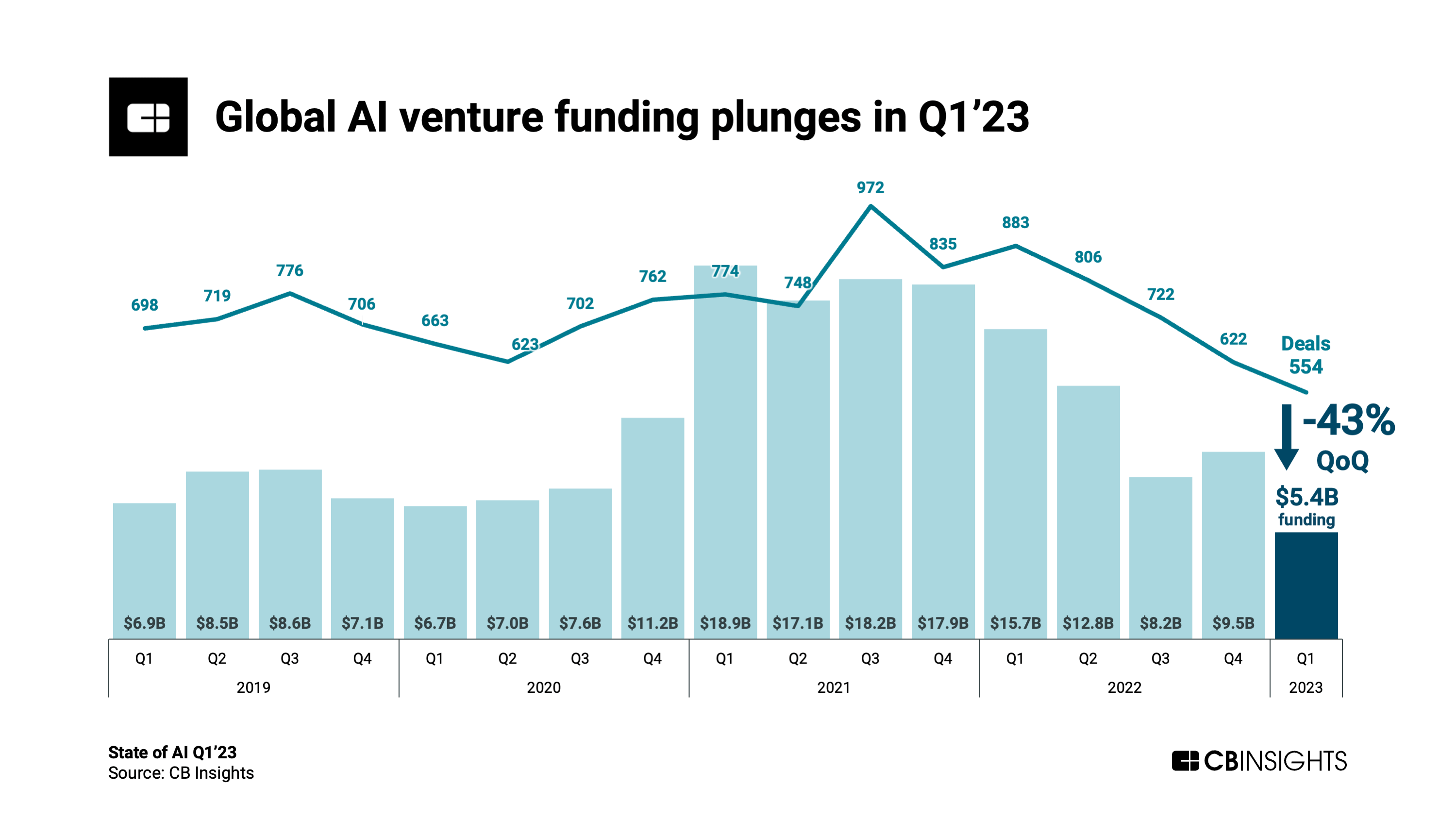Tech Leaders Pledge Up To $500 Billion In AI Investment In U.S.
Overview of the Pledge
Implications for the U.S. Economy and Global AI Race
This substantial investment is expected to have far-reaching implications for the U.S. economy and its position in the global AI race. AI has the potential to transform various industries, including healthcare, transportation, finance, and manufacturing. By investing heavily in AI research, the U.S. aims to maintain its competitive edge in these sectors and foster innovation that drives economic growth.
Moreover, the pledge is seen as a strategic move to counter the growing AI capabilities of other countries, particularly China. In recent years, China has made significant strides in AI development, making the competition for global dominance in this field increasingly intense. The U.S. recognizes that investing in AI is crucial to staying ahead of this rapidly evolving technological landscape.
Benefits and Opportunities
The potential benefits of such a large-scale investment in AI are vast and multifaceted. It is expected to lead to:
- Job Creation: AI development and deployment will create new job opportunities in various sectors, particularly in research, engineering, and data analysis.
- Enhanced Healthcare: AI can assist in early disease diagnosis, personalized medicine, and drug discovery, leading to improved patient outcomes and reduced healthcare costs.
- Improved Transportation: Self-driving cars, optimized logistics, and traffic management systems powered by AI can enhance transportation efficiency and reduce accidents.
- Increased Productivity: AI-powered automation and data analysis can streamline processes, improve decision-making, and boost productivity across industries.
Challenges and Concerns
While the pledge to invest in AI holds great promise, it also raises certain challenges and concerns:
- Ethical Implications: The rapid advancement of AI raises ethical questions, such as privacy concerns, job displacement, and potential misuse of the technology.
- Data Security: AI systems rely heavily on data, making data security paramount. Large-scale AI investment must be accompanied by robust data protection measures.
- Skill Gap: The rapid growth of the AI industry may outpace the availability of skilled workers. Governments and educational institutions must work together to address this skill gap.
Diverse Perspectives
Different perspectives exist regarding the pledge to invest $500 billion in AI. Some argue that it is a necessary and timely investment that will solidify the U.S.'s leadership in this critical field. Others express concerns about the potential negative consequences, such as job displacement and privacy violations.
Industry Leaders: Tech company executives broadly welcome the pledge, recognizing it as a catalyst for innovation and economic growth. They emphasize the transformative potential of AI and its ability to address complex societal challenges.
Economists: Economists generally agree that AI investment can boost productivity and create new jobs in the long run. However, they caution that it could also lead to job losses in certain sectors and income inequality.
Policymakers: Policymakers recognize the importance of investing in AI but emphasize the need for careful consideration of ethical and regulatory implications. They advocate for a balanced approach that encourages innovation while addressing potential risks.
Civil Society Organizations: Civil society organizations raise concerns about the potential for AI to exacerbate existing social and economic inequalities. They call for transparency, accountability, and ethical guidelines in AI development and deployment.
Conclusion
The pledge by tech leaders to invest $500 billion in AI in the U.S. is a significant development that has the potential to reshape the technological landscape. While the benefits of AI are undeniable, it is crucial to carefully navigate the challenges and concerns associated with its advancement. By fostering a collaborative and responsible approach, the U.S. can harness the power of AI to drive innovation, enhance economic prosperity, and address some of the world's pressing challenges.
Read also:
US Senator Walks Into Trump Inauguration In Sweatshirt And Shorts, Video Is Viral
MSNBC President Rashida Jones Departs
Nick Mosby Asks President Biden To Pardon His Ex

